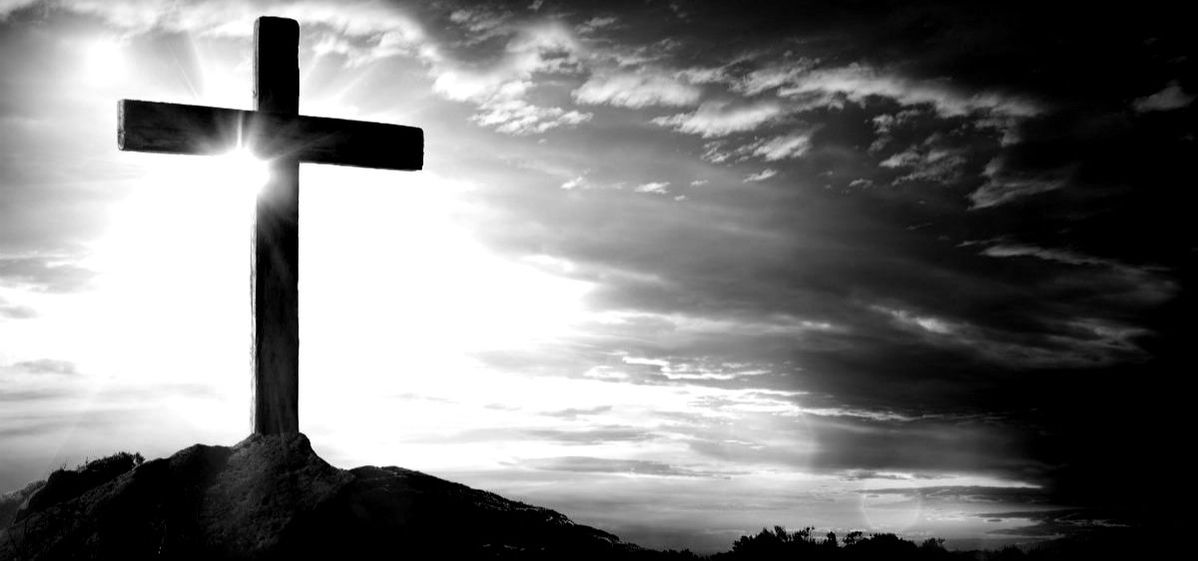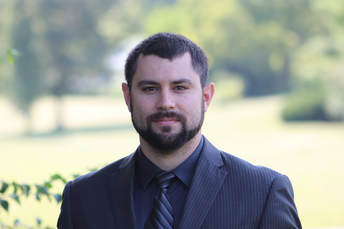|
"16 For which cause we faint not; but though our outward man perish, yet the inward man is renewed day by day. 17 For our light affliction, which is but for a moment, worketh for us a far more exceeding and eternal weight of glory; 18 While we look not at the things which are seen, but at the things which are not seen: for the things which are seen are temporal; but the things which are not seen are eternal." -2 Corinthians 4:16-18 "21 For to me to live is Christ, and to die is gain." -Phil.1:21 Determinate self-preservation and a fear of death are the hallmarks of things temporal... ...Consider that for a moment. By the very definition of the word temporary, the fact of it being soon removed is self-evident. This is a fitting word for the things that are sensual and visual in a word that surrounds us and invades the cares of the lives we live. There is, however, no continuing aspect to anything temporary, there is only the possibility for prolonging it, but end is inevitable. Everything must come to an end. Here, our own end would naturally infer our own death. The Spiritual Man is called to be a man whose heart and mind is set on things above, literally, on the Living God who inhabits eternity. A consciousness that is negligent of self-preservation and dismisses fear of death, and seeks only those things that are eternal, is not interested in any methodology for prolonging the temporal. For the man who is abiding in Christ, the only thing temporal IS death. That is a thought. We longingly look to be revealed in Christ and Christ in us. To be absent from the body is to be present with the Lord. The very end is our very beginning. The world, however, might confuse this with a high minded attitude of invincibility. To exclaim “I am invincible” would be a perversion that is actually devoid of the hope and eternal reality we have in Christ. When Christ said “behold I make all things new”, the first thing we must be aware of is that the old is done away with, and nowhere to be found ever again. Death is the transition here. The true ultimate end is: self. The true ultimate beginning is: Christ. When a man lives life in and for himself, by the very nature of things, he has chosen what is temporal. Yet when a man has come to live in Christ, at once the exchange is made: death is moved from the future eternal to the present temporal, and life is removed from the present temporal to the future eternal. The end of all things is brought upon him suddenly, and the eternal Christ who has already defeated death now stands in his place. (This, the theologians call the New Birth, but, we have need of its outworking experientially.) What fear does the resurrected Christ have of an earthly grave? Death itself is buried in Christ’s tomb. It is not simply that Christ is not afraid of dying, but that it no longer applies to Him. As the Risen Lord, and First Begotten of the dead, His work is finished. If we abide in this Christ, we are permitted to fasten our eyes upon those things which are eternal and not to those things which are temporal, because the temporal no longer applies to us in a binding sense, they are finished in the spiritual view. We remain in the flesh sacrificially, living by the faith of the Son of God, being brought experientially to the fullness of His stature, being broken that others might live. We bear about the dying of The Lord Jesus in our mortal bodies, that others may behold him as being evident. Death begets life. Unless the seed falls to the ground, it abides alone. Such is the nature of Christ, and as He is, so are we in this world.
0 Comments
Leave a Reply. |
T. Austin Huggins IVChristian, Husband, Father, Pastor, & Missionary. Archives
August 2022
Categories |
EXPLORE |
DONATE
Christ Evangel
PO Box 392 Bagdad, FL 32530 |
|




 RSS Feed
RSS Feed
